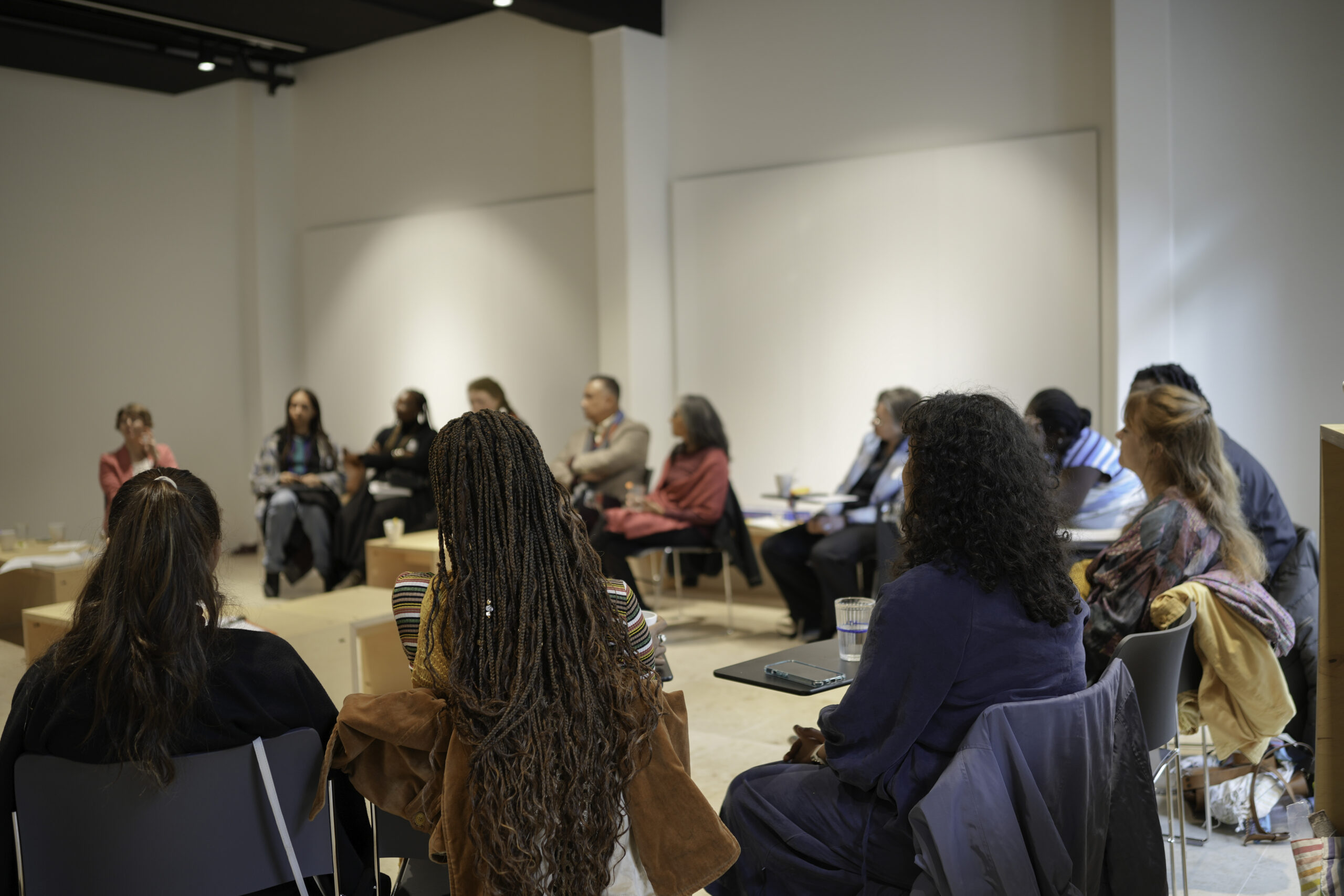
Past Tense, Future Imperfect:
Temporalities as
Mobilising Force
Hybrid, international workshop
23. -24. July 2025
Photo: Yohannes Mulat Mekonnen
 By Jun.-Prof. Dr. Julia Binter
By Jun.-Prof. Dr. Julia Binter
Conceptions of past and future are mobilised in contemporary public debates on major issues such as climate change, migration, technology, the economy and democracy, as well as in the more intimate processes of belonging and identity formation. Retrospection and anticipation (Knight & Bryant 2019) are crucial aspects of human existence. The collaborative workshop will explore anthropological approaches to the study of time, its various registers and interrelations.
Our exchange will focus on accessing, making sense of, and writing about temporalities and the social acts of remembrance, experience and anticipation through three focal points:
Methods: Accessing the past and the future poses similar methodological challenges and possibilities. Drawing on the diverse methodological approaches between FAN and NAoHH memberships, this session will examine creative research methods that explore how humans relate to past and future. Advancing methodological approaches to past-future studies may help shape a more responsible anthropology, critically engaged with the current sociopolitical struggles of our interlocutors.
Theory: Accessing the past and the future is tied to temporal orderings which, as studies on historicities (Hirsch & Stewart 2005) have highlighted, are far from being purely linear. We aim to devise new ways to understand the past in relation to the present and future beyond silencing (Trouillot 1995), ruptures and continuity. We will explore how diverse traces and materials from the past are maintained or marginalised in the present (Kopf 2024).
Dissemination: Reflections on theory and methods lead to critically rethinking the centrality of ethnographic writing, its modes of representation and our audiences. The Global Heritage Lab offers experimental space to explore multimodality and foster alternative forms of knowledge production (like exhibitions, film-making, and other forms of engagement). This can enable alternative approaches to think, teach and speak about temporal orderings and non-linearity as well as inform a more responsible anthropology.
Organised by:
Tom Bratrud – University of Bergen
Julia Binter – University of Bonn
Helen Cornish – Goldsmiths, University of London
Seçil Dagtas – University of Waterloo
Kari Dahlgren – Monash University
Sultan Doughan – Goldsmiths, University of London
Veronica Ferreri – Ca’ Foscari University of Venice
Malte Gembus – University College London (UCL)
Elaine McIlwraith
Nazli Ozkan – Koç University
Katarzyna Puzon – Humboldt University of Berlin
With contributions by:
Beth Timmins – University of Oxford
Poornima Rajeshwar – Stanford University
Anna Leidig – University of Konstanz
Eleonora Grammatikou – University of Bonn
Jen Logan – University College London (UCL)
Bianca Griffani – Goldsmiths, University of London
Niall Herron – Queen’s University Belfast
Georgia Psarrou-Papalimnaiou – University College London (UCL)
María João Bracons Fernándes – CRIA
Caterina Satori – University of Manchester
Samira Marty – University of Bayreuth
Jessica Lumanisha – Goldsmiths, University of London
Maria Assunção Gato – DINÂMIA’CET – Iscte Lisbon
Alina Apostu – School of Oriental and African Studies (SOAS)
Sarthak Malhotra – University of Cambridge
Valentina Gamberi – Valentina Gamberi – Palacký University Olomouc
Esma Guzin Yarici – Goldsmiths, University of London
Louis Pille-Schneider – Universität Bergen
Panos Achniotis – University of Manchester
Elaine McIlwraith
Sandra Lopez Varela – Universidad Nacional Autónoma de México (UNAM)
Philipp Budka – Universität Wien
Ana Gretel Echazú Böschemeier – Universidade Federal do Rio Grande do Norte
Raquel Assunção Oliveira – Universidade Federal do Rio Grande do Norte
The workshop is organised by the Network for an Anthropology of History and Heritage (NoAHH) and the Future Anthropologies Network (FAN) of the European Association of Social Anthropologists (EASA) as well as the Global Heritage Lab, Transdisciplinary Research Area (TRA) Present Pasts, of the University of Bonn.
The workshop is funded by EASA and the TRA Present Pasts.
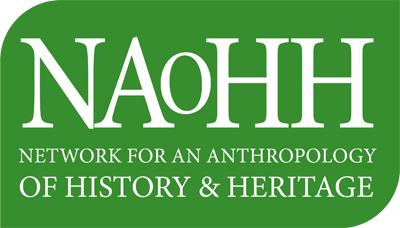
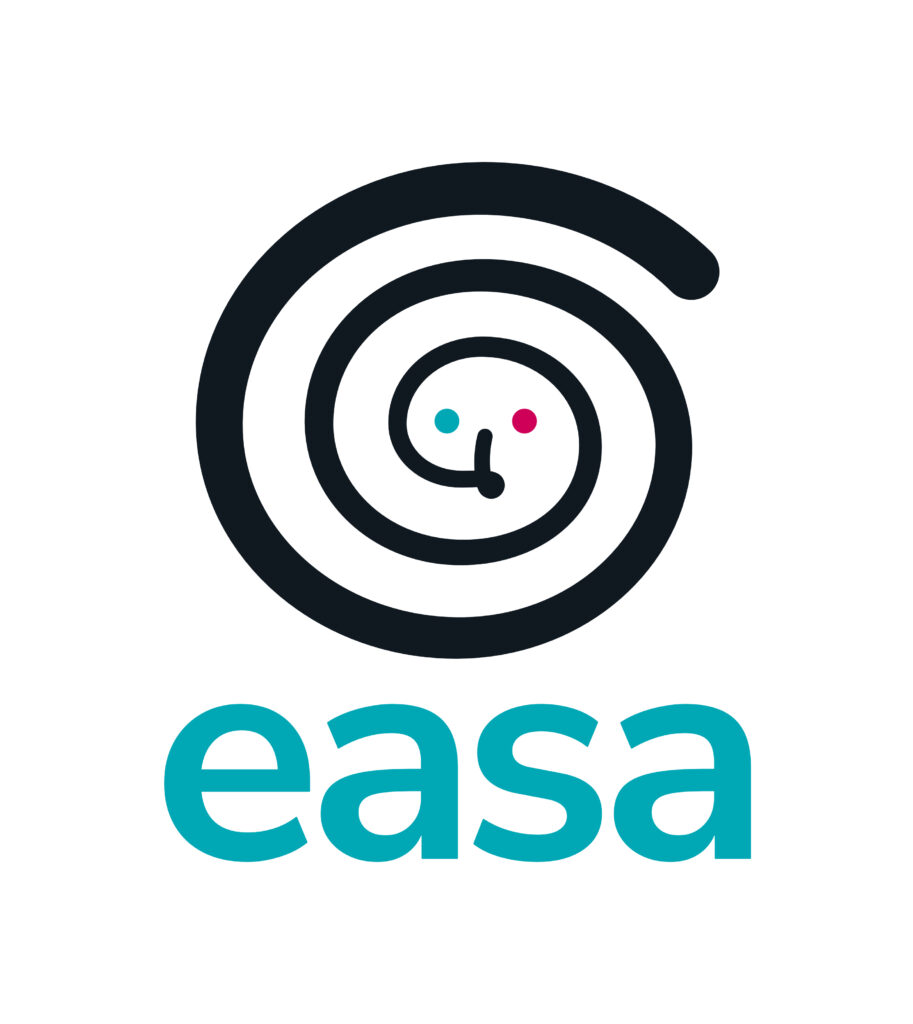
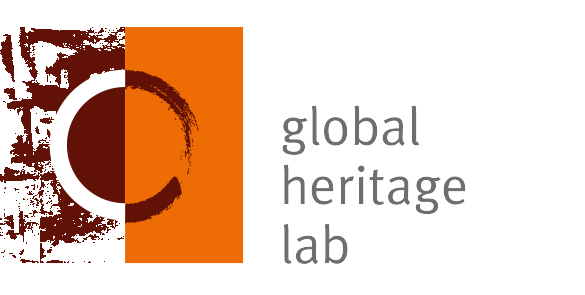
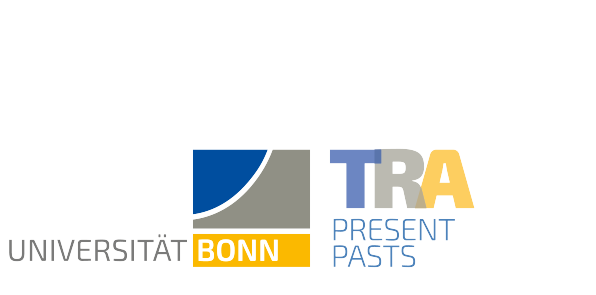
Cover image: Julia Binter
